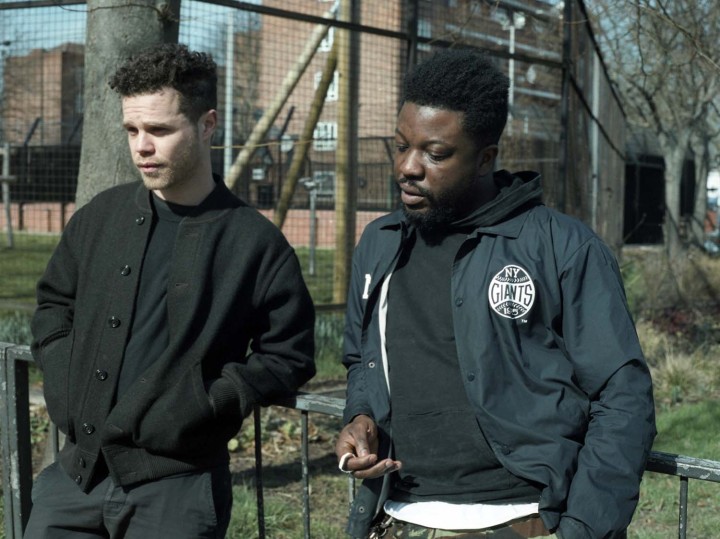NTS Radio is an online music platform that was established by Femi Adeyemi in 2011 as an alternative point of distribution for emerging and experimental music in London. Initially with the support of friends and a committed team of volunteers, NTS Radio has evolved today into a key international broadcasting platform for DJs, musicians and producers. In 2014 it won an award for best online radio station in the world.
Why did you decide to start NTS Radio?
Femi Adeyemi: To us, there weren’t any relevant music platforms on the Internet or any FM stations that represented the kind of music we really wanted to hear. There were and still are a few specialist shows on some on the traditional FM stations, but the music scene that we grew up in simply wasn’t represented on a twenty-four-hour basis. NTS was started, initially, to fill that gap
Sean McAuliffe: And, because of the Internet, it was easy to set up. We didn’t need a license. It was a labor of love for the local community of DJs, producers, musicians and listeners. However, it very quickly expanded beyond London and beyond the UK in terms of listenership and contributors. NTS now has listeners in almost every country in the world, and we run live broadcasts from fourteen countries a month, showcasing the local artists in each region. We never thought non-mainstream, experimental music, delivered in such a DIY way, would have such a fast-growing international reach, but we were proven wrong.
When you say “non-mainstream,” what genre of music are you talking about exactly?
SM: We try to cover every single subgenre and niche music imaginable. Whether you like: DIY postpunk, drone, minimal techno, spiritual jazz, neo classical, grime — this non-mainstream cross-genre output is represented on NTS. Really it’s about that crossover: joining the dots between subgenres, connecting them all together to create a larger soundscape of non-mainstream music.
The London music scene feels particularly vibrant at present. Why do you think that is?
SM: It’s really vibrant. London has obviously historically had a vibrant music scene, but it does tend to sound more interesting when the economy is struggling. Maybe that has something to do with it.
How do you maintain the quality and variety of musical genres?
SM: NTS is all about the artists that are showcased. We are constantly seeking out artists with amazing taste in music; that is at the core of what we do. The artists maintain the quality and we ensure there is a balance of variety, making sure we cater to every different type of non-mainstream and experimental music lover. It’s all about the balance.
And how did the visual element of NTS Radio evolve?
SM: The ambition to challenge the way traditional radio conveyed music was of paramount importance. So focusing on the visual element, to complement the radio, is also at the heart of what we do. Full-page graphics on our website to represent each of the shows and regular visual updates of the broadcasts have been a major focus for us. The people that worked at NTS when it started, volunteers mostly, all had an amazing eye and understood the importance of the visual aesthetic balanced with the music.
FM: When we started working with the ICA in London we took the online visual experience a step further, pairing visual artists with musicians and DJs, curating experimental and immersive live shows. Recent projects like the Zhang Ding exhibition at the ICA really represent this: the merging of multi-genre musicians with visual artists. Besides the ICA we also work with other major art institutions such as MoMA PS1, curating music-based art events for live audiences.
Finally, what’s the immediate future for NTS Radio?
SM: We have just opened a permanent station in Manchester and are looking at doing the same in the US. It’s our fifth birthday in April, so we’re planning something special for that. We will also be embarking upon a nationwide university tour project, examining why university radio in the UK and Europe isn’t as much of an influential entity as it is in America.

